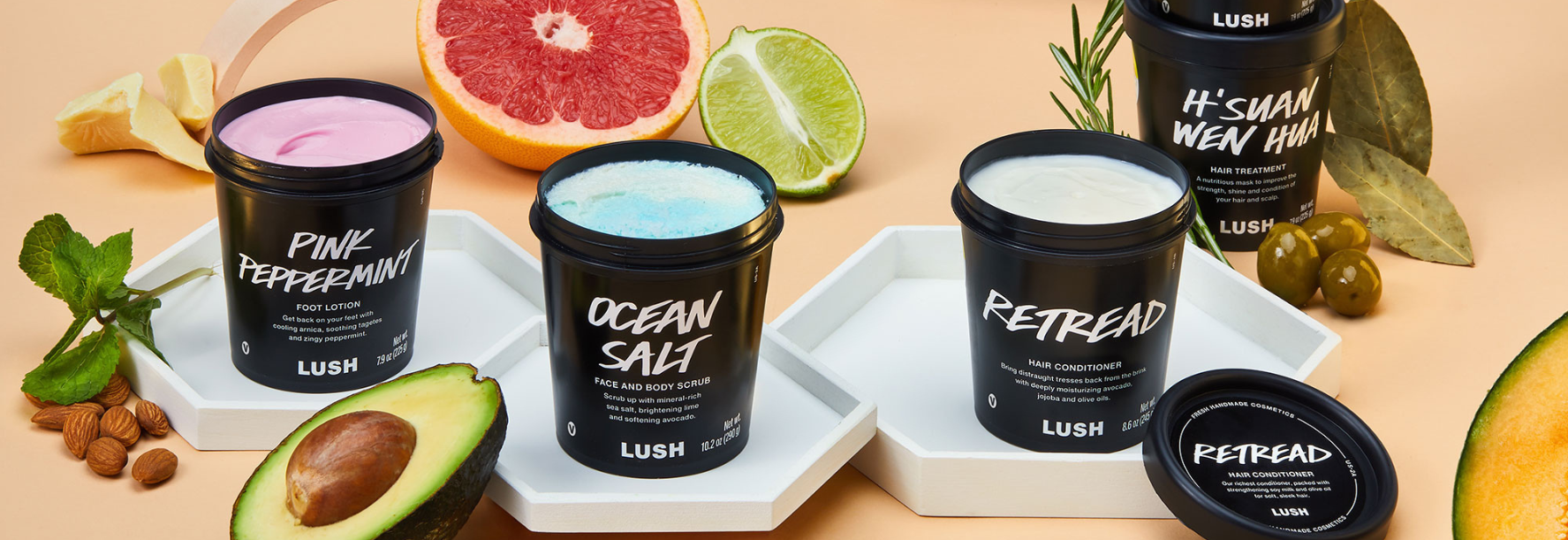The vegan industry is no longer a niche market; it’s no longer reserved for animal rights activists or considered to be for some elite groups. It has taken the world by its philosophy and practice. Terms like ‘plant-based diet’, ‘meat-free chicken‘, ‘meatless burger’, ‘Buddha bowl’, ‘cruelty-free’, and ‘pleather’ have become household words.
The prevalent awareness of conscious consumption among consumers has motivated them to make purchasing decisions aligned with their principles of ethics, social responsibility, and sustainability.
In response to this cultural shift for more ethical and environmentally friendly products, especially among the younger demographics, the market is evolving to meet demands for vegan products and services across various industries.
The increasing demand for vegan products and services is reshaping the global economy. According to a report published by Allied Market Research, the vegan food market was valued at $19.7 billion in 2020 and is expected to reach $36.3 billion by 2030.
This compelling market data shows that the vegan industry is proliferating, and presents a seizable opportunity for companies to reach a wider audience and grow their businesses.

What is Veganism?
According to Britannica, Veganism can be defined as a theory or practice of abstaining from the consumption and use of animal products. Vegans avoid animal-derived foods and exclude any items that use animals as ingredients or for testing, such as clothing and beauty products.
Looking back at history, the practice of refraining from animal-derived food can be traced back over 2,000 years by groups such as Ancient Egyptians and Ancient Greeks. Even a fraction of Christianity, Hindus, and Buddhists also avoided animal-sourced food.
In modern history, Donald Watson is the most notable figure associated with veganism. In 1944, Watson, a British animal rights advocate, proposed the term vegan, a derivative of vegetarian. Along with a group of vegetarians, who abstained from dairy, they went on to form The Vegan Society.
The Vegan Society launched a movement that strived to stop the exploitation of living creatures for human consumption and usage, and to find non-animal alternatives for food, clothing, and others.
Now decades later, modern veganism has boomed with dedicated restaurants and brands incorporating vegan options in their menu and products.
4 Things to Consider for Vegan Branding
Let’s take a deep dive into vegan branding and explore how to build an influential and impactful brand in the competitive vegan market.
1) Incorporate Vegan Philosophy into the Brand Identity
One of the pitfalls of venturing into the vegan market is companies failing to understand the true tenets of veganism philosophy. Veganism is a philosophy and lifestyle rooted in animal welfare, health, and environmentalism, not just food preference.
Trends will come and go, but adopting the right brand message is central to positioning the brand in the vegan market and beyond. This is also crucial to make the brand significant to consumers in the long run.
Ultimately, companies should integrate an ethical stance that resonates well with their target audiences and position themselves as genuine vegan brands. Therefore, this will further prove their commitment to the cause.
For example, in August 2023, Beyond Meat launched a campaign with the slogan ‘There’s Goodness Here’, which shows farms where the raw materials for its products are grown. Beyond Meat not only promotes plant-based meat substitutes, but also goes the extra mile to ensure the vegan philosophy of ethics is implemented.
By understanding and incorporating vegan philosophy, brands can avoid vegan-washing. With increased demand comes increased competition, and companies could fall into the temptation of solely wanting to capitalise on the trend. As much as it’s a shortcut for profit, brands can easily lose consumer trust and loyalty in this discerning marketplace.
In this competitive vegan market, creating a brand identity and interweaving it with the earnest vegan philosophy is significant.

2) Inclusive Target Market
Companies should focus on the primary target audience, which is the vegan community, and find opportunities to break through into the mainstream market.
Principally, the brand messaging should connect genuinely to the diverse motivations of their target customer segments. Companies must understand the multiple reasons people embrace veganism; for health, social justice, and environmental sustainability.
On the other hand, while the vegan market has grown and these demographics represent valuable target markets, solely catering to them would be a missed opportunity.
With creative branding, companies positioning themselves as inclusive, mainstream, and contemporary could expand their appeal far beyond the vegan market.
Given that younger demographics are leading the vegan movement, brands attuned to their desire for diversity, authenticity, and transparency hold a benefit.

3) Adopt Non-Conventional Vegan Designs
To build a successful vegan brand, it’s also imperative for businesses to move away from the stereotype or traditional ‘vegan design’, using natural colours like green and brown.
Adopting non-conventional vegan designs in packaging and marketing campaigns helps branch out to non-vegan consumers. Moreover, it is also a good practice to show consumers that vegan products are not only scientifically proven, but also appealing and up-to-date. This also attracts ‘lifestyle shoppers’, who focus on pleasure, taste, and enjoyment.

The best example of a brand that pulls off non-conventional vegan design is Oatly. The Swedish company has successfully rebranded itself by featuring a different style from traditional vegan products.
Oatly’s packaging is covered with designs like “Wow, No Cow!”, “It’s like milk, but made for humans” in a comic-like style. These witty and humorous styles oppose traditional vegan styles and have developed its mainstream appeal.
4) Utilise Advanced Technology
Technological advancements shape the development of vegan products and marketing. And a perfect example is Impossible Foods, which has pioneered groundbreaking food technology.

One of the leading players in the vegan food industry, Impossible Foods has its own research and development sector, which aims to transform the food system by turning plants into meat. Using scientific technology to develop new plant-based ingredients, flavours, and nutritional profiles will be a massive leap for the vegan food industry.
Besides that, adopting innovative marketing strategies to reach out to a broader audience is advisable. Utilising digital marketing in this 21st century is critical, including keeping up with social media trends on Instagram, Facebook, and TikTok, or starting a new trend. Besides that, engaging with vegan-related hashtags and educating consumers are also the way to go.
Brands can foster an authentic community by sharing appealing product visuals and company insights, which has proven to be effective in building brand loyalty. Apart from that, collaborations with social media influencers also allow brands to reach new audiences.
The Future of Vegan Branding
As conscious consumption becomes prevalent, effective vegan branding requires understanding the core values that matter most to the vegan community. Ultimately, the core message is about how their purchasing power impacts people, animals, and the planet.
Equally, staying true to the vegan philosophy can draw attention to a wider market. Over the years, as the vegan market has become more mainstream, vegan foods and products are available through various platforms such as supermarkets, convenience stores, e-commerce, and others.
Hence, drawing consumers’ attention to the benefits of veganism is a way to build the best vegan brands. Consumers want to feel like they’re buying into an ethical brand and contributing to a larger cause. Vegan branding has enormous potential to drive not only the global market, but also bring about positive change on the masses.


